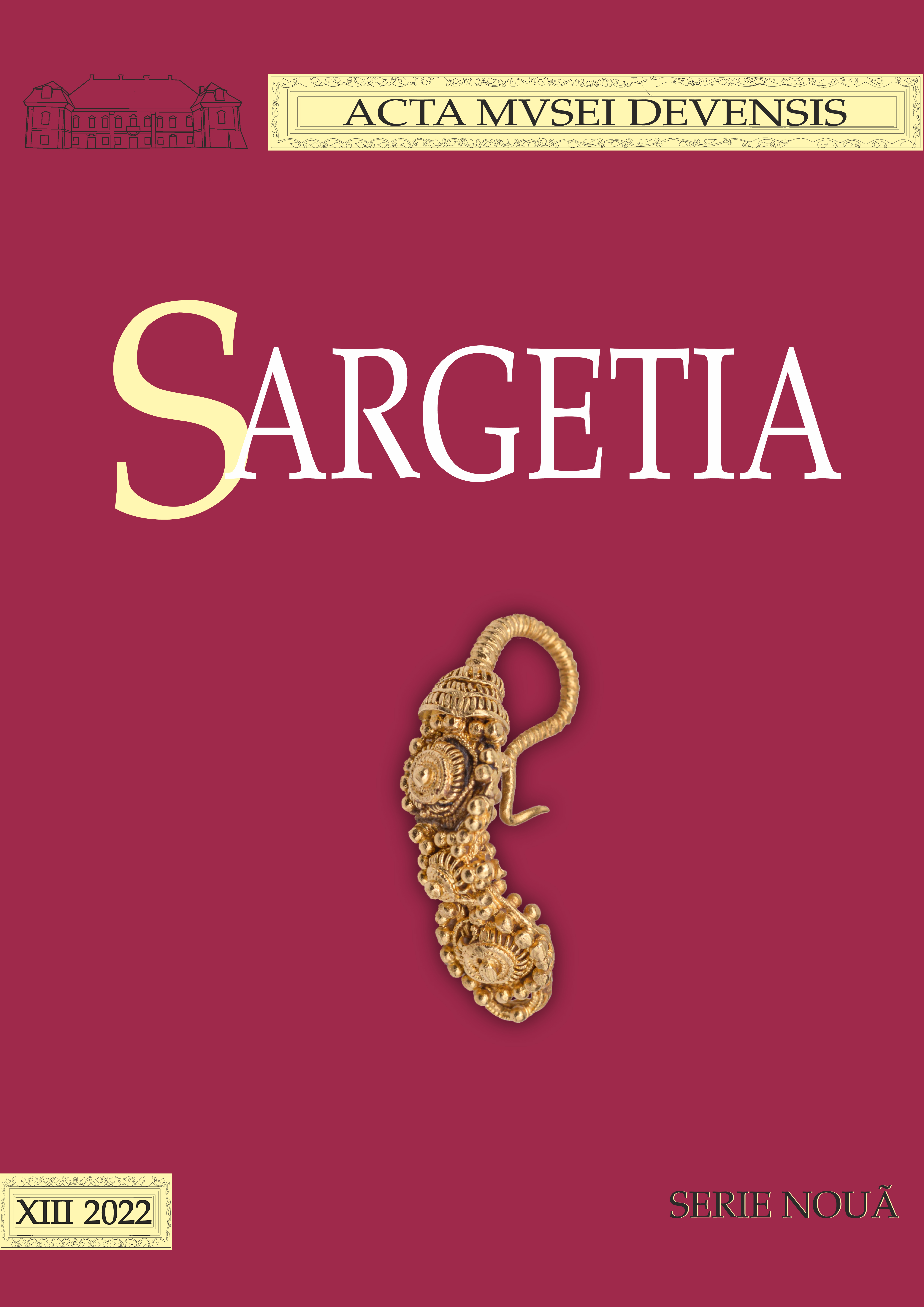ACTIVITATEA (EXTRA) ȘCOLARĂ A ÎNVĂȚĂTORULUI
AUREL PANȚURU CONFORM „REGISTRULUI DE INSPECȚII
AL ȘCOALEI PRIMARE DE STAT DIN COMUNA BATIZ”
(1936-1949)
Teacher Aurel Panțuru's Activity Both Within and Outside the School According to “The Batiz Commune State Primary School Inspection Register” (1936-1949)
Author(s): Cosmin PanturuSubject(s): Local History / Microhistory, Political history, Social history, Recent History (1900 till today), History of Education, Interwar Period (1920 - 1939), WW II and following years (1940 - 1949)
Published by: Editura Altip
Keywords: teacher; Batiz; school premises; The Anti-Revisionist League; heroes;
Summary/Abstract: The village of Batiz came out of anonymity due to the ruins of a villa rustica dating back to Roman times, due to the involvement of its inhabitants in the historical events of the 18-20th centuries, as well as due to the fine ceramics manufacturing that took place here between 1805 and 1865. The village is located on the left bank of the Strei river, and its educational landscape included a particular State Primary School teacher by the name of Aurel Panțuru (1910-1971). Aurel Panțuru was originally from the Argeș county, but had studied in Abrud and Cristuru Secuiesc in Transylvania. Through the work he carried out for the benefit of his school and his community for 27 years, he managed to change the material and moral status of the village inhabitants for the better. Thus, between 1932 and 1959, he left his mark on Batiz by setting up the Frăția Company for cattle insurance, a cemetery for the burial of cattle that died because of contagious diseases, the Credit Institute or Batizeana Bank, the Antirevisionist League, while also participating in all the committees he led as president or vice-president. He was a member of the parochial committee in charge of building and painting the new church, and he contributed to the modernisation of the village through electrification and radio broadcasting.He was decorated with the 2nd class Reward for School Construction Medal for building the primary school in Batiz and for equipping the classrooms with the items necessary so that the educational process could take place in proper conditions. He set up the school library and canteen. He set up the community centre. He was also engaged in sericulture, he taught students the basics of beekeeping and agronomy and, together with them, he planted crops on the arable plot of land that the school had received for this purpose. He offered moral and material support to the more enterprising students, so that they could pursue higher education, one of whom would become the critic, literary historian and Romanian editor Romul Munteanu (1926-2011).In spite of sustaining an injury at Odessa during World War II, which severely affected his mobility, his activity continued, and he coached youth sports. Thus, through the results obtained by the “Fulgerul” football club, he proved to be a good coach, while he was also an expert in and promoter of the Romanian national sport of “oina”. Through all these achievements, he managed to gain the trust of the villagers and local authorities, who supported him in all of his actions, and he also enjoyed the full support and understanding of his wife, Eleonora (1912-1988). After his death, he was mourned by everyone who had known him.
Journal: Sargetia. Acta Musei Devensis
- Issue Year: 2022
- Issue No: 13
- Page Range: 125-138
- Page Count: 14
- Language: Romanian

